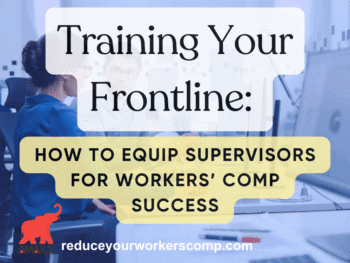Those who refuse to comply could face disciplinary action, including termination, Kean said. The workers learned about the safety request and related policy in very late December 2009 and of the company’s plan to implement the new policy in January 2010.
However, the union contacted the provincial government, arguing the company policy represented an unreasonable invasion of privacy, according to Kean. The province's occupational health and safety branch responded by ordering IOC to delay implementation until IOC addressed the union's concerns, he added.
"We did hear some concerns from the union and we're looking into them," stated Vanessa Colman-Sadd, a spokeswoman with Newfoundland and Labrador's Department of Government Services. Describing the case as "very sensitive," she declined to comment as to whether or not the department's office of health and safety issued a compliance order.
Kean reported the union expected to hear from the government and/or the company within days about revisions to the policy – possibly applying to more than 1,200 workers. The union wasn't fairly consulted about the policy before it was released in December, according to Kean. "There was very little discussion with the employer on it.” He added the policy failed to indicate clearly just what medical information the company would be able to access.
Information from the province's Human Rights Commission says when it comes to worker medical assessments, employers should "limit the amount of information that they receive directly." The commission guideline add "an employer should only ask the examining physician to provide general information on whether the employee can perform the functions of the job, and if not, what the employee's limitations are and what accommodations can be made by the employer." (workersxzcompxzkit)
Ramifications are possible for workers and employers who are on the wrong side of an information challenge. For instance, a worker who refuses a reasonable request for medical info could be disciplined. On the flip side, a company that fires an employee for turning down an unreasonable request could be hit with an unfair dismissal legal action.
Author Robert Elliott, executive vice president, Amaxx Risks Solutions, Inc. has worked successfully for 20 years with many industries to reduce Workers' Compensation costs, including airlines, health care, manufacturing, printing/publishing, pharmaceuticals, retail, hospitality and manufacturing. He can be contacted at: Robert_Elliott@ReduceYourWorkersComp.com or 860-553-6604.
Podcast/Webcast: Claim Handling Strategies
Click Here :
http://www.workerscompkit.com/gallagher/podcast/ Claim_Handling_Strategies/index.php
FREE WC IQ Test: http://www.workerscompkit.com/intro/
WC Books: http://www.reduceyourworkerscomp.com/workers-comp-books-manuals.php
TD Calculator: www.reduceyourworkerscomp.com/transitional-duty-cost-calculator.php
WC Calculator: http://www.reduceyourworkerscomp.com/calculator.php
Do not use this information without independent verification. All state laws vary. You should consult with your insurance broker or agent about workers' comp issues.



























